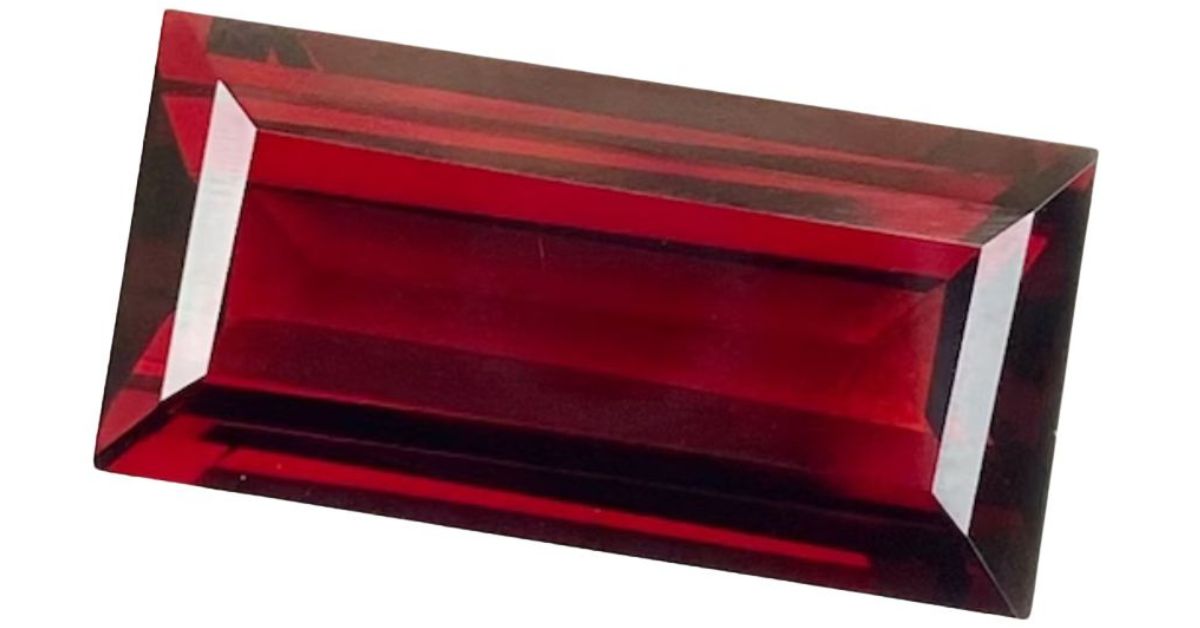Garnets are usually recognized for their deep red color, but what color is garnet really? It can vary widely, with shades ranging from orange to green, making it a favorite among rock enthusiasts.
The color of garnet depends on its chemical composition, which can alter the way light interacts with the mineral. This means that garnets aren’t just red; they can be vibrant oranges, subtle greens, or even purples.
In looking at the spectrum of garnet colors, it’s important to understand that each hue has its own unique properties and history. We’ll delve into the less commonly known colors of garnet, revealing the diversity and beauty of this mineral.
The Most Common Garnet Color
Many people think of a deep, glowing red when they hear the word garnet. This color has made garnet a popular gemstone throughout history, celebrated for its beauty and richness. However, it’s not the only color that you can expect from garnets.
Garnet forms under high pressure and temperature conditions deep within the Earth’s crust. Minerals and elements come together during the rock’s transformation, giving garnet its distinctive color and hardness.
The Different Colors Of Garnet
Garnets are a fascinating group of minerals known for their wide array of colors, ranging from vibrant reds to deep greens. The color of a garnet can tell a lot about its type and where it came from.
For example, pyrope, almandine, and spessartine garnets can appear in shades of red and orange. On the other hand, grossular, andradite, and uvarovite garnets tend to show off greens and yellows.
This variety in color reflects differences in chemical composition and the conditions under which each garnet was formed.
Red
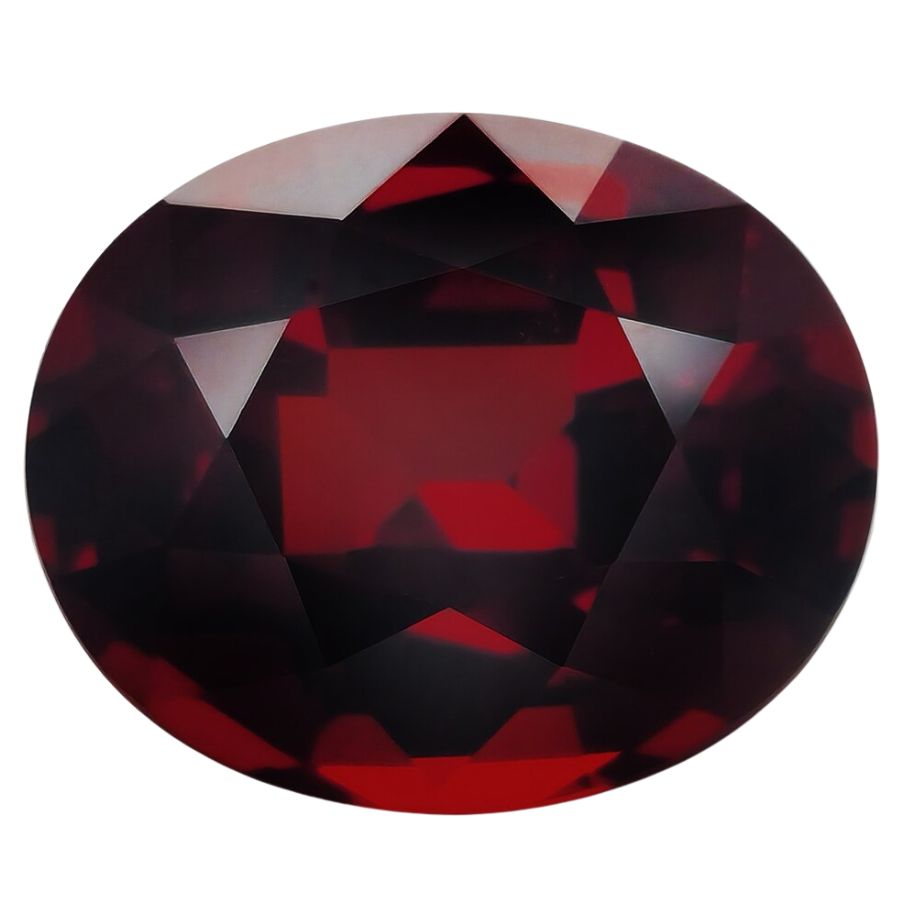
Red garnet, known for its deep and vibrant color, is a common type of garnet found around the world. It forms in a variety of rock types, including metamorphic rocks, which have been transformed by heat and pressure.
Countries like India, Madagascar, and the United States are well-known for their abundant red garnet deposits. These garnets are often found in river sands or spotted within the rock matrix in their natural environments.
The types of garnet that are typically red include almandine and pyrope, each with its distinct shade and characteristics. These varieties are widespread and make up a significant portion of red garnets found globally.
For those looking to learn more about red garnet and where to find it, checking out our rockhounding guide is a great start. It includes tips on the best rockhounding locations for finding red garnet and other minerals.
Purple
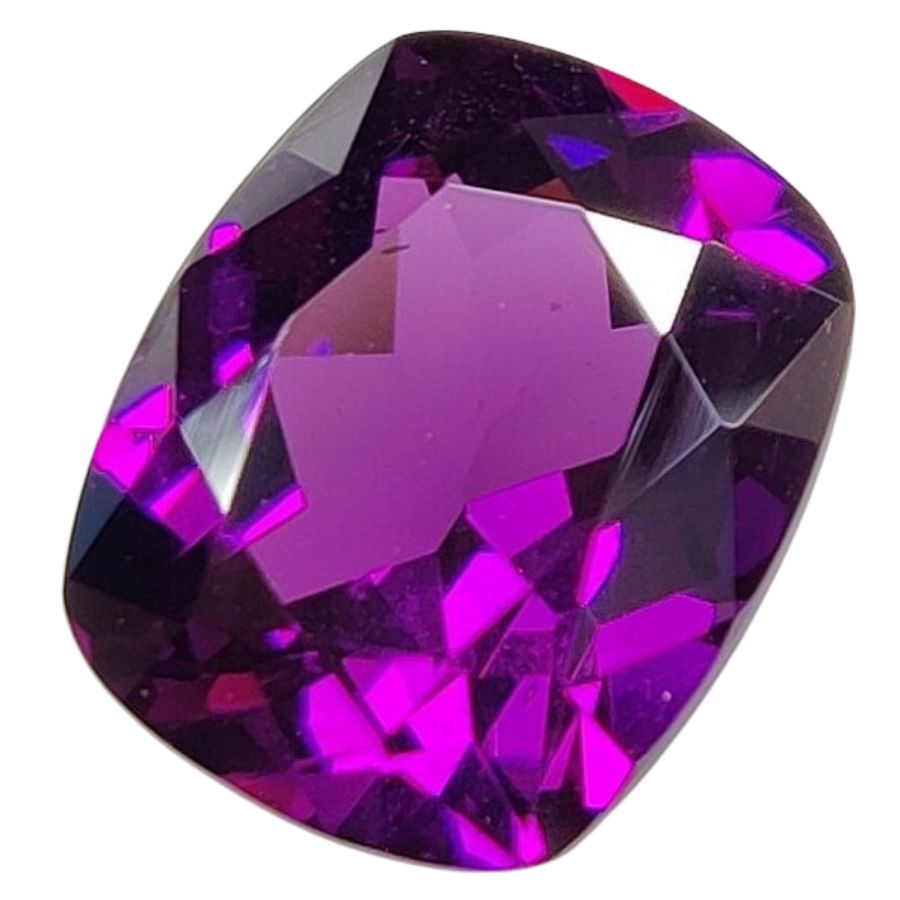
Purple garnet is a rarer variety of garnet that boasts a range of hues from lilac to deep violet. It’s most commonly found in parts of Africa, including Mozambique and Tanzania, where the unique geological conditions allow for its formation.
This type of garnet typically includes varieties like rhodolite, a blend of almandine and pyrope, which gives it that distinctive purple color.
The specific conditions of heat and pressure required to form purple garnets make them less common than their red counterparts.
For those intrigued by the idea of discovering purple garnet and other minerals, our gem/crystal mining guide offers insights on how to find crystals. It provides tips and locations for those eager to learn more about these captivating purple gems.
Orange
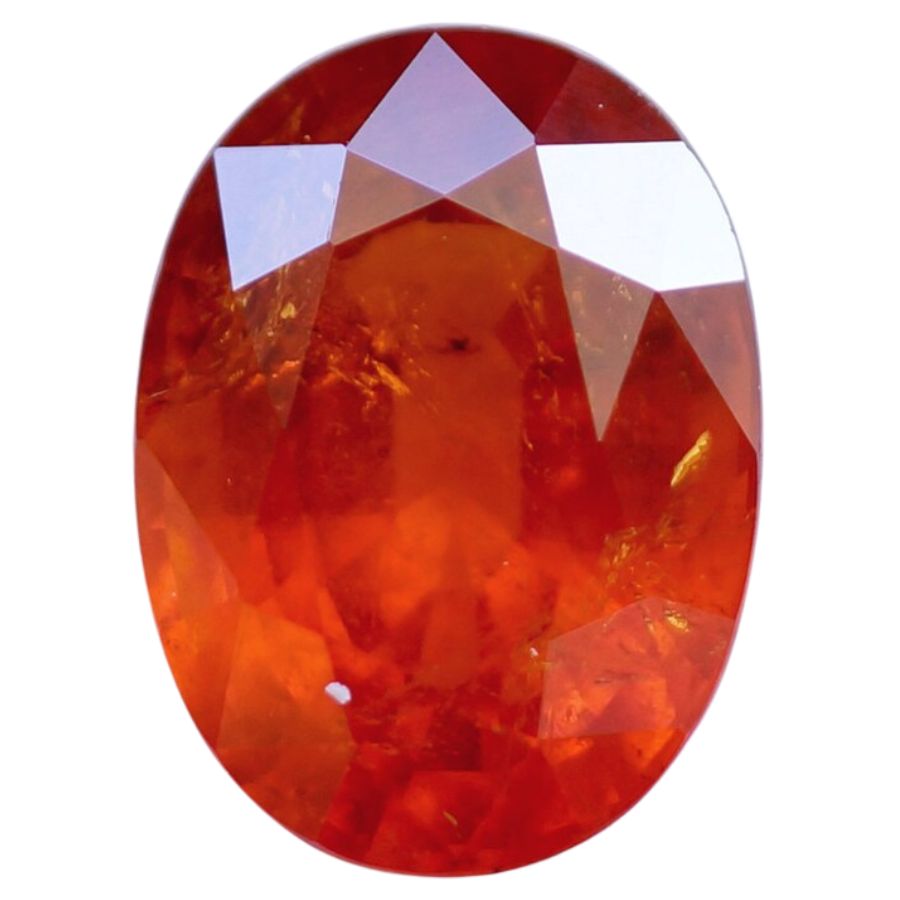
Orange garnet is a vibrant and captivating type of garnet that includes varieties such as spessartine and hessonite. These garnets are known for their bright, fiery colors that range from a light orange to a deep, reddish-orange.
Spessartine garnets are often found in granite rocks and are mined in countries like Madagascar, Brazil, and the United States.
Hessonite, on the other hand, tends to be found in limestone deposits and is commonly sourced from places like Sri Lanka and India.
These orange garnets are typically found in areas where specific geological processes have occurred, creating the right conditions for their formation.
Green
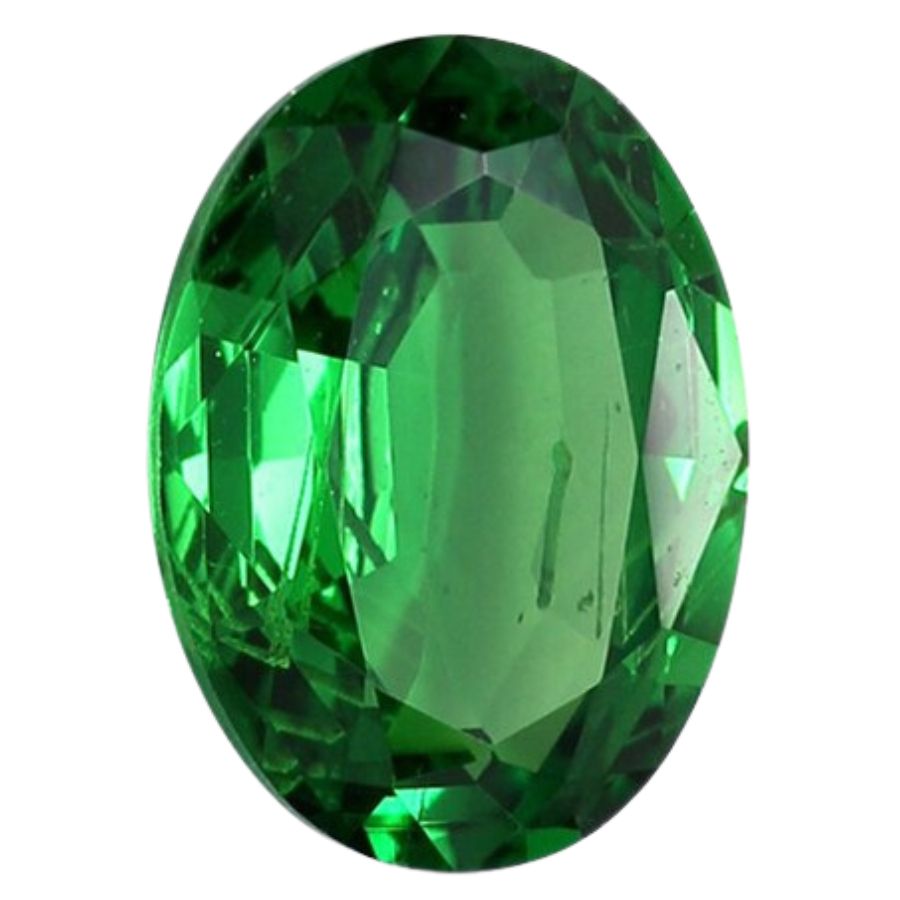
Green garnet, known for its lush, vibrant shades, includes types such as tsavorite and demantoid. These garnets are prized for their unique color and rarity compared to more common garnet colors.
Tsavorite is primarily found in East Africa, with Kenya and Tanzania being notable sources. On the other hand, Demantoid garnets have been historically mined in Russia, with newer deposits found in Namibia and Iran.
These green varieties form in environments rich in specific minerals that contribute to their coloration. The geological conditions for green garnets are precise, making them less common and highly sought after.
While the beauty of green garnet is undeniable, many wonder how much is garnet worth. The value of garnet varies widely based on color, clarity, size, and type, with some rare green garnets fetching high prices in the gem market.
Yellow
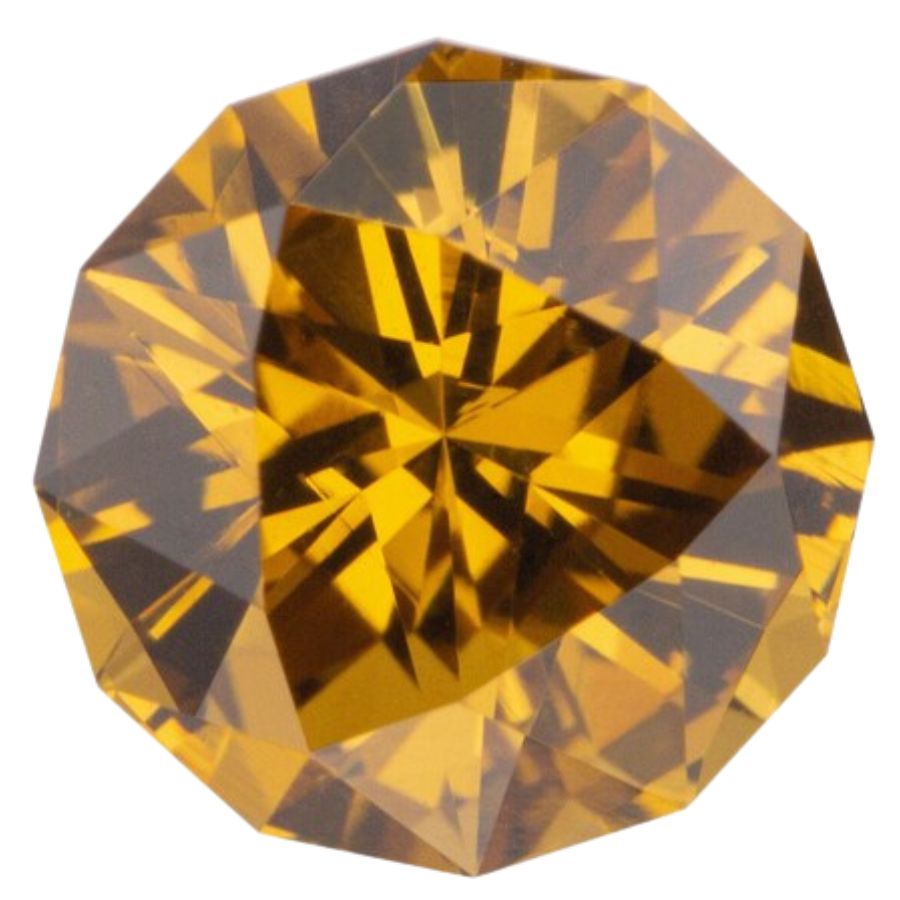
Yellow isn’t a color garnet is typically known for, but it’s an equally striking hue. You’ll often see shades from pale lemon to deep gold. This variety includes types like andradite and grossular, each contributing to the spectrum of yellow shades.
These yellow gems are found in regions with the right mix of minerals and geological conditions, such as Sri Lanka, Madagascar, and parts of the United States.
The specific environment needed to form yellow garnets means they are not as widespread as other colors.
White
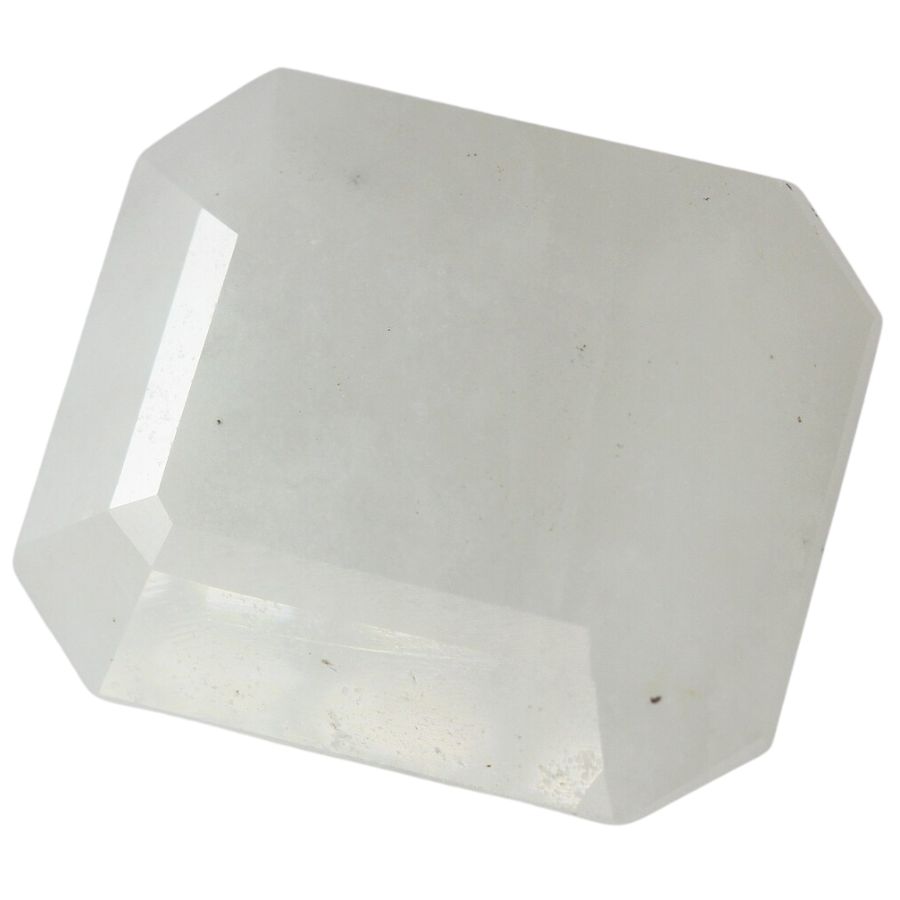
White or colorless garnet, known as leuco garnet, is a rare and intriguing variety within the garnet family. This type of garnet is typically found in its pure form without the trace elements that give other garnets their color.
Leuco garnet is a type of grossular garnet. It’s most commonly found in regions such as Sri Lanka, Brazil, and Madagascar.
The absence of color in these garnets is due to a particular balance of minerals and the lack of impurities typically present in colored stones. This kind of garnet is quite rare, so each individual piece is special.
Pink
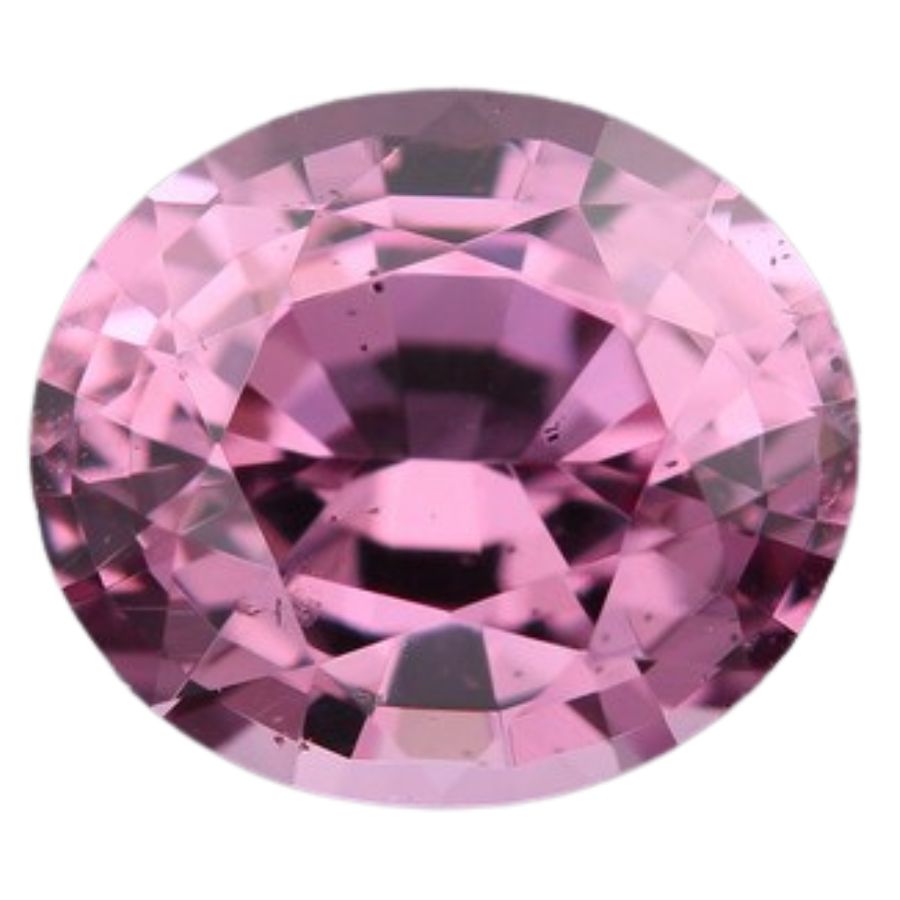
Pink garnet, known for its soft, often vibrant tones, is a beloved variety within the spectrum of garnet colors. Rhodolite garnets can appear pink, with shades that range from pale pink to rich, deep rose.
These pink gems are commonly found in places with rich mineral deposits, such as Sri Lanka, Madagascar, and the United States.
As one of the many hues garnets can take on, pink garnet continues to capture attention for its beauty and geological significance. It’s a favorite among those who appreciate the wide array of colors that minerals can display.

